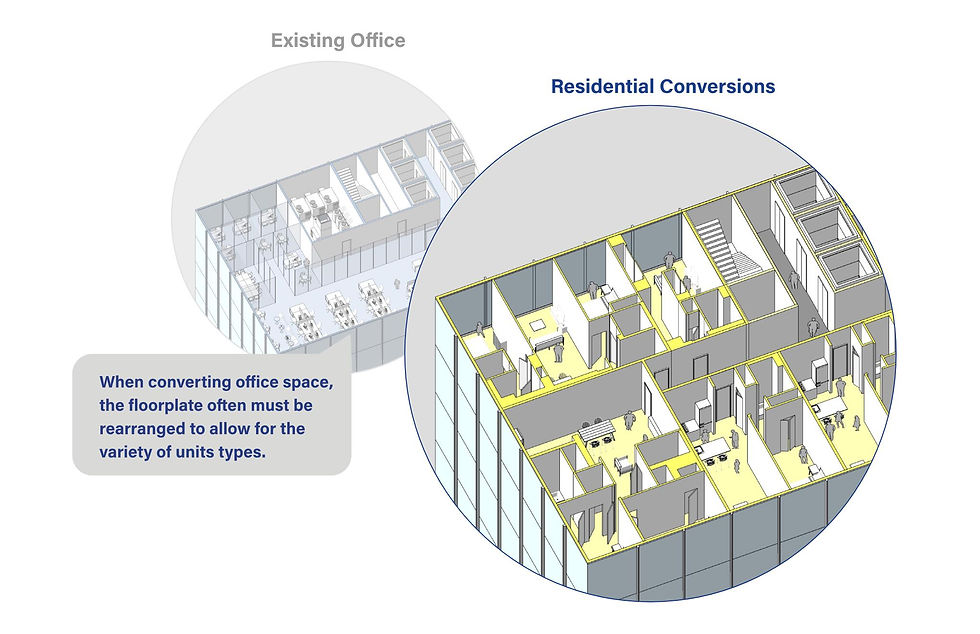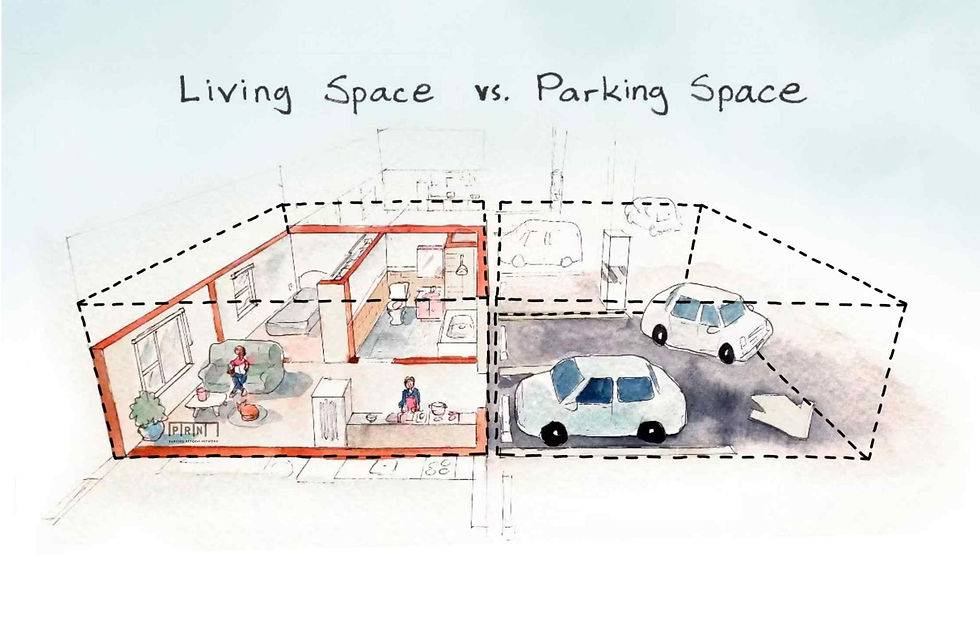City of Yes: Residential Conversions
- MZA
- Apr 11, 2025
- 1 min read
Updated: May 28, 2025
Advantages of the New Implementation:
Increased Housing Supply: By enabling the conversion of underutilized non-residential buildings, such as offices and schools, into residential units, the initiative contributes to a more diverse and abundant housing stock.
Cost-Effective Development: Converting existing structures is often more cost-effective than new construction, allowing for quicker project timelines and reduced expenses.
Revitalization of Underused Properties: Transforming vacant or underused buildings into housing breathes new life into neighborhoods, potentially stimulating local economies and improving community vitality.
Key Requirements for Residential Conversions:
Eligibility of Buildings: Buildings constructed before 1991 are eligible for conversion into residential use NYC.GOV
Zoning Compliance: Conversions must comply with existing zoning regulations or obtain necessary variances to ensure the new residential use aligns with the neighborhood's character and infrastructure capacity.
Building Code Compliance: Converted buildings must meet all applicable building codes, including those related to fire safety, structural integrity, and accessibility, to ensure the safety and well-being of future residents.
These changes aim to streamline the housing development process, reduce costs, and promote sustainable urban living, positioning New York City to better meet its growing housing demand.




Comments